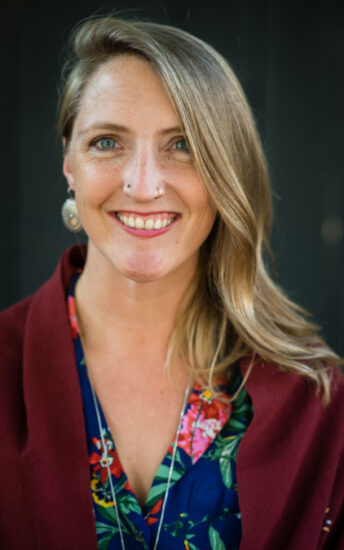Transformative Conflict Praxis

ECO Core
COURSE START DATE: FEB. 3rd
Community conflict and harm activates nervous systems, personal experiences, and cultural meaning-making and responses. This activation occurs within community and congregational contexts that may not have the structures, skills, relationships, or imagination to respond effectively and creatively in ways that deepen relationships and transform unjust structures. Facilitators and strategists in conflict and harm situations are tasked with embodying the discernment, adaptivity, self-responsibility, and capacity to be part of tending individual and collective nervous systems – all while staying grounded in their own worth, dignity, and embodied resilience. This course integrates theology, theory, and practice from trauma-informed studies, liberation and community psychology, and restorative and transformative justice approaches to conflict engagement, harm, and healing in community systems. It invites participants to a rigorous personal engagement with what conflict transformation can mean for them: participants will expand their own capacities through direct engagement of healing-accountability approaches in their own lives and with fellow course participants as part of a community of praxis together.
Course Format and Evaluation: Seminar, with weekly, engagement exercises and final project on a specific topic or theme. Intended for all degree programs.
SKSM Thresholds: 1. Life in Religious Community and Interfaith Engagement, 2. Prophetic Witness and Work, 7. Work and Education for Wholeness and Liberation and MFC Competencies: 2. Pastoral Care and Presence, 3. Spiritual Development for Self and Others, 4. Social Justice in the Public Square, 7. Leads the Faith Into the Future.
Prerequisites: ECO Core
Faculty Consent Required. Registration is contingent upon faculty approval.
Students will self-enroll in the course to be placed on the waitlist. 2. Complete the required faculty consent questionnaire. https://www.surveymonkey.com/r/FC24-25
For questions regarding Faculty Consent, please contact kmoebius@sksm.edu.
Enrollment max: 12. Auditors excluded.
Special Students with Faculty Consent and ECO or Equivalent.
